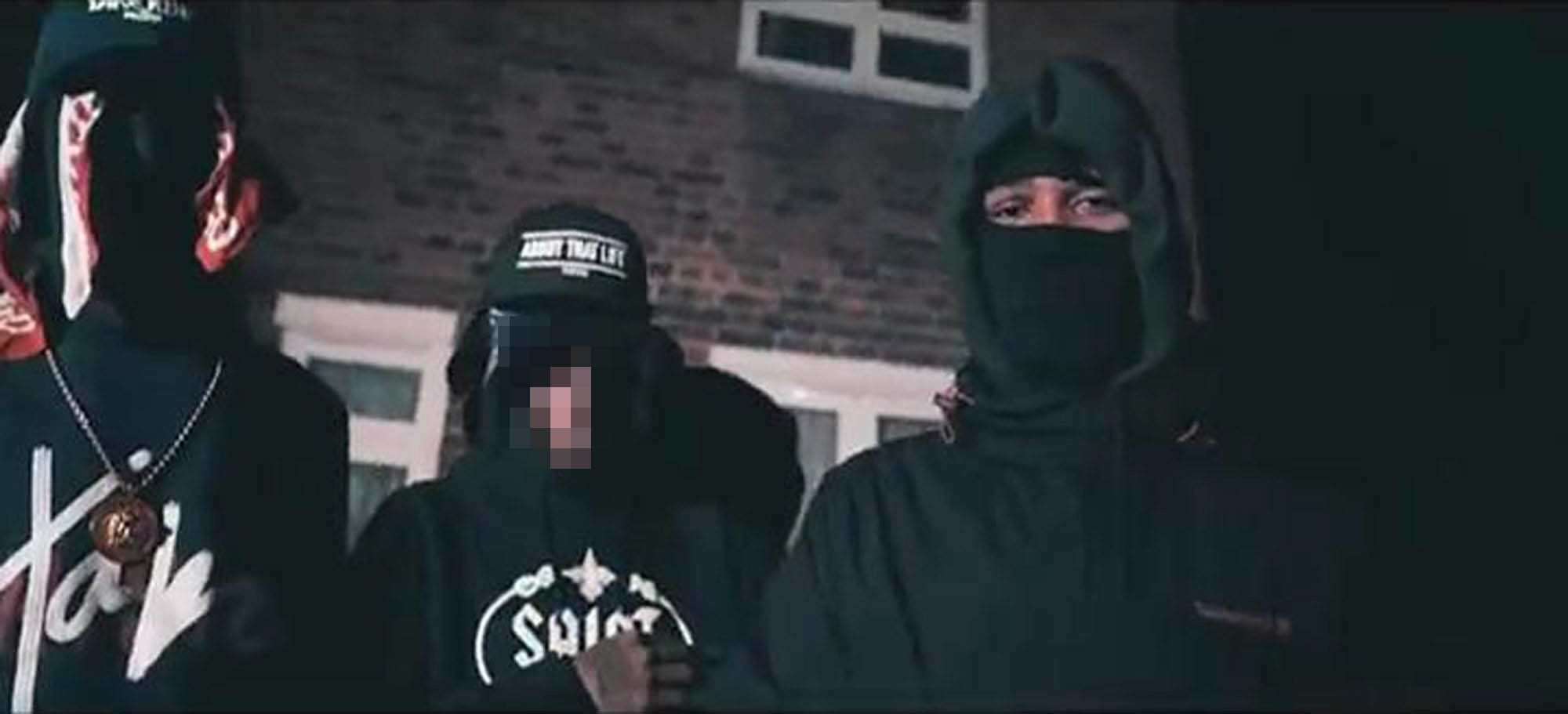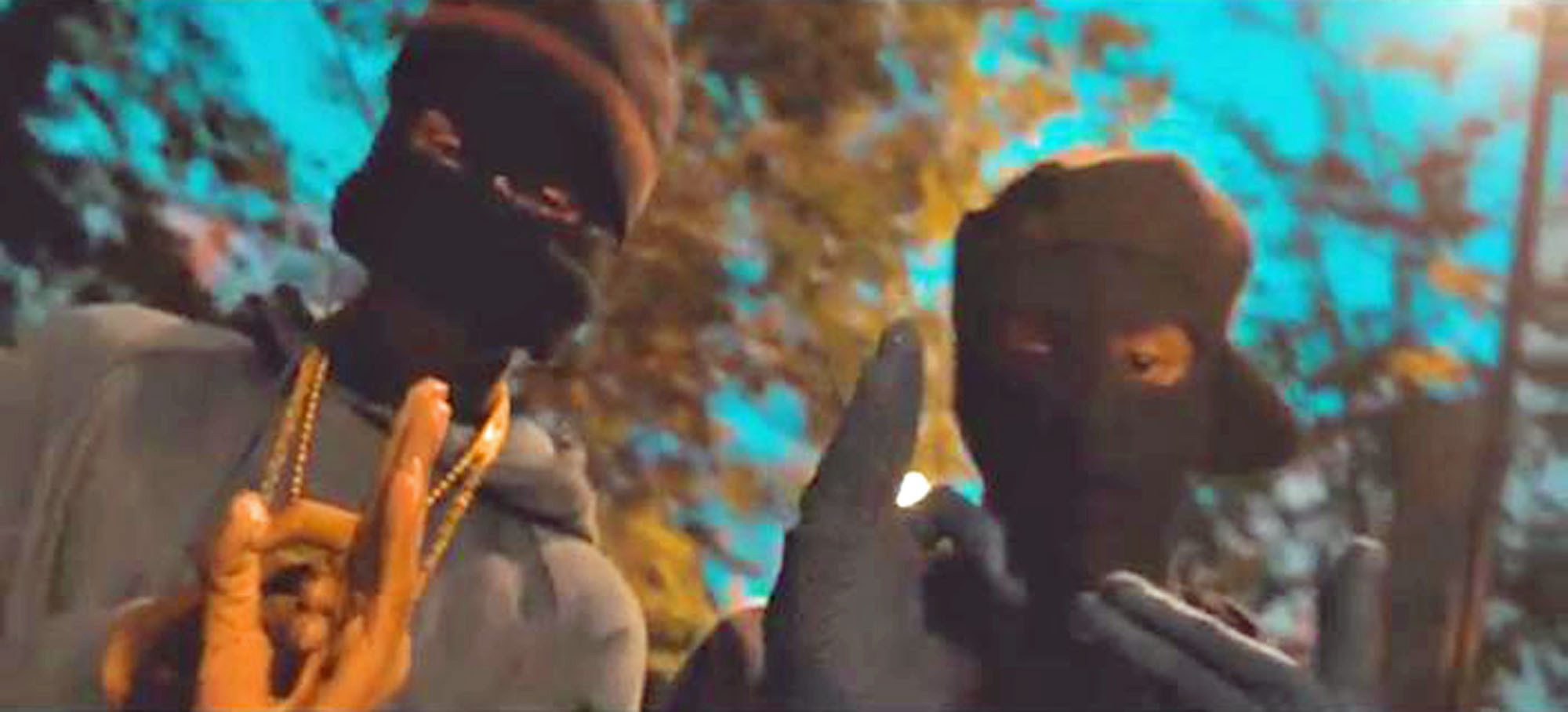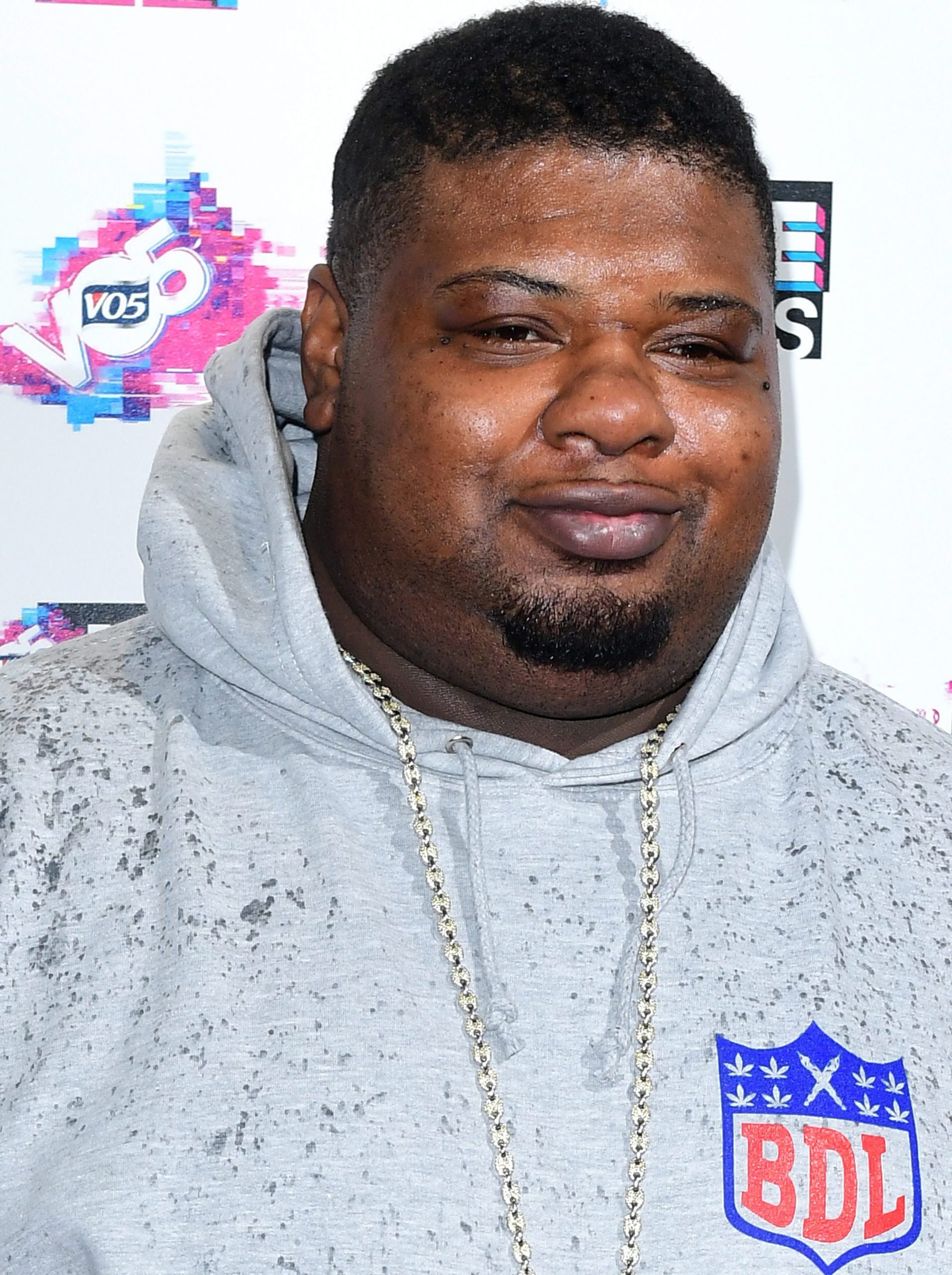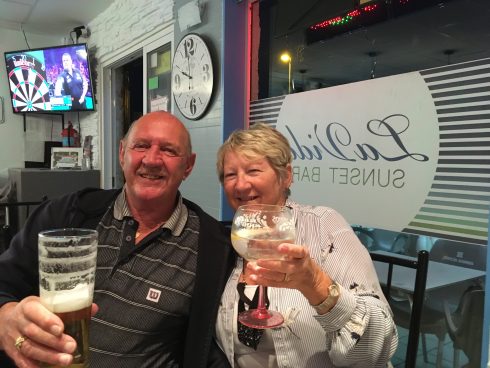A ‘NEW’ music genre is sweeping the poorer and more multiracial neighbourhoods of cities throughout Spain.
Where first hip hop, then reggaeton and finally trap used to reign supreme, now the buzzword is drill.
Described as a more violent form of rap, drill was born in Chicago in 2010 and spread rapidly until reaching global infamy in London in 2018, when the Metropolitan Police began cracking down on artists after linking the genre with a sharp increase in gun and knife crime in the capital.
Relying almost exclusively on social media for promotion and distribution, drill fans saw dozens of videos targeted by the Met removed from Youtube, as the issue was suddenly blown open and analysts were quick to demonise everything relating to the style.
Gangs of threatening teenagers dressed all in black, with faces obscured by balaclavas and rapping about explicit gang violence and drug use proved an irresistible scapegoat on which to blame all of society’s wrongs.

However, other analysts and fans themselves countered that the lyrics and attitudes are merely a reflection of the artists’ daily lives in poverty-stricken surroundings, some even going as far as claiming that these outbursts of slang were really a cry for help from victims of welfare cuts and social exclusion.
This of course is nothing new. Underground music genres and pop culture in general have frequently been blamed for corrupting the nation’s youth when the underlying causes are too complex and uncomfortable to address – remember rock and roll, heavy metal, punk, hip hop, videogames, etc etc.
Either way, increasing numbers of young people, almost exclusively from racial minorities, are turning to drill as their possible ticket out of the food bank and dole queue.
And as usual, Spain has taken a bit longer to catch on, but got there in the end. The style reportedly first appeared here in 2017, becoming recognised internationally two years later but only now filtering through to the media and society at large.

Hundreds of aspiring new artists upload their videos onto Youtube every day, with the hashtag #spanishdrill opening up a universe of more than 3,000 channels and 6,500 clips – and counting.
The vast majority of Spanish drillers are sons – women are starting to break through very slowly – of African and South American immigrants.
One of the leading names in the country is 19-year old El Bobe, based in Barcelona’s conflictive Raval area, who reports earning between €2,000 and €3,000 a month with streams of his tracks on Youtube and Spotify.
Ghetto Boy, a 23-year-old driller son of Senegalese workers who was also born and bred in Catalunya, typifies the new breed of street rappers: frequently stopped and identified by the police despite being Spanish, and unable to leave his parents’ house due to not being able to afford deposits or rent.
Other lyrical topics explored by young artists are the rise of the extreme right within Spanish institutions and society, which they claim leaves them open to attack and discrimination.
Interestingly, Spain’s leading drillers register millions more streams of their songs on Spotify and Youtube than established national rock and indie pop bands – which is vitally important given the way online music platforms work, where in order to make any money artists need huge numbers of interactions from listeners or viewers.

And, as always, controversy sells. Drillers have discovered that tracks praising family and friends don’t attract anywhere near as many streams as songs about violence, drugs, prison, racism, or police violence.
However, analysts suggest that Spanish drill is not as graphically violent as its British or North American counterparts, and that often there is a thin line between reality and fiction in the lyrics and attitudes of artists.
No cases of violence have yet been directly linked to drill in Spain and no police investigations have been launched, although it could only be a matter of time.
Either that, or the music industry will find its next Rosalia or Bad Bunny and absorb drill into the mainstream…










